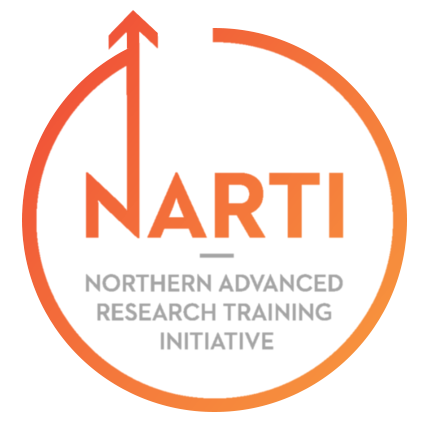Date/Time
Date(s) - 15/06/2019 - 16/06/2019 All Day
Location
Leeds Beckett University
Audience:
Doctoral Students, Early Career Researchers
The aim of this event is to enable ECRs and PhD students in the NARTI network to constructively address issues of racism in teaching, research, and career progression.
Decolonising work within higher education has been gaining profile and momentum in both national and international universities. But the discussion can often be confined to the re-working of course curricula which, whilst valuable, leaves unchallenged other important ways in which the learning environment are structured by the privileged norms of whiteness. Moreover, this approach can mean the decolonising project falls foul of becoming a tick-box audit exercise.
Over the course of this two day workshop, we invite participants to engage with us in re-imagining the classroom as a broader set of embodied relations and dynamics that have the power to perpetuate or to disrupt racism:
What is an anti-racist space? We will reflect deeply on this simple yet provocative question as we move forward in our work that develops the theoretical tools for our times that can be used to dismantle white supremacy in the classroom.
We build on Tate and Bagguley’s (2017) conceptualisation of the anti-racist university as a ‘contact zone’ where different people and ideas might be brought together in non-hierarchical relations to (re)form one another. We ask:
- What does an anti-racist classroom look like? What does it feel like?
- Who is understood to be a ‘good’ student, and how do they transform over the course of their degrees?
- What alternative philosophies can we draw on to envisage and embody anti-racist spaces, practices, and relations to one another?
- Do we have the language to imagine it, construct it, demand it?
We will work with an artistic, participative methodology to develop a programme of activity that promotes reflexive thinking, discussion, and community-building.
Confirmed speakers include: Prof Shirley-Anne Tate , Dr Akile Ahmet , Dr Francesca Sobande.
